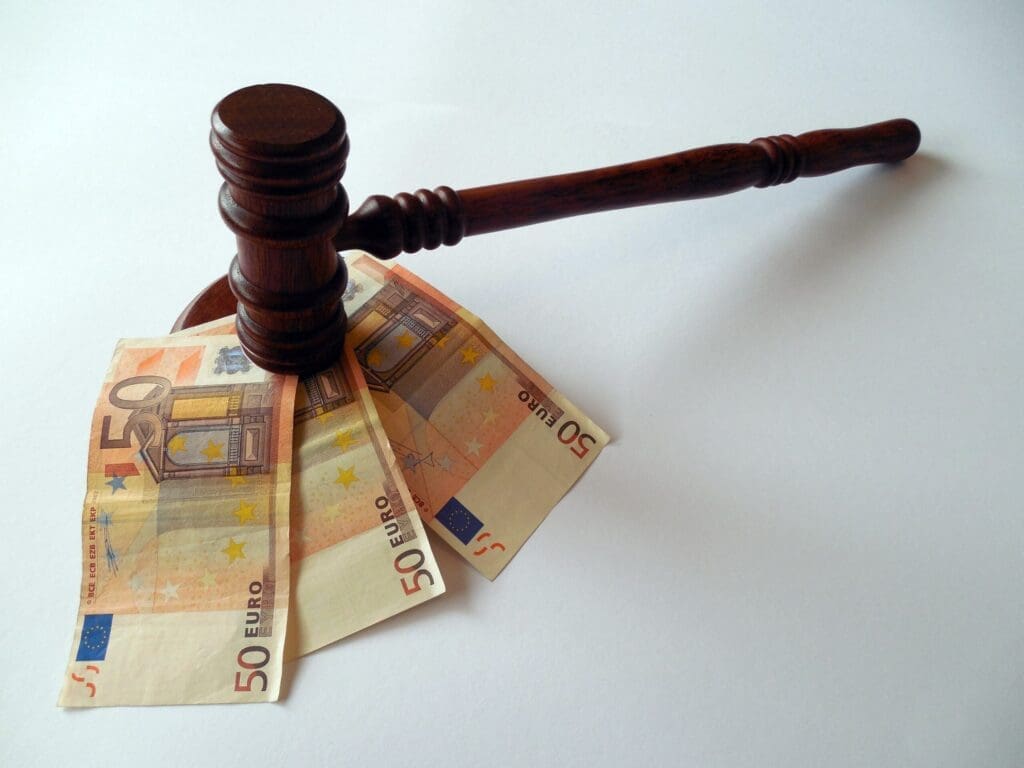Media Defence has submitted a third party intervention at the European Court of Human Rights (ECtHR) in the case of Malkiewicz and others v UK. The case relates to a defamation action brought against the applicants over an article published in a Polish language newspaper based in London. The proceedings lasted around six years, and went all the way to the Supreme Court before being remitted back to the High Court for a full retrial. When the matter was finally settled, the first and second applicants were left facing a costs bill of almost £600,000.
Excessively high costs in defamation and privacy claims in England and Wales have been directly linked to the increase in SLAPP (strategic litigation against public participation) cases brought against journalists in that jurisdiction. The prospect of being sued in the UK has a significant impact on a journalist ’s decision whether to defend a claim that should be fought, may pressure them to settle otherwise valid claims at an early stage, and can represent a deterrent to publishing material that is in the public interest. In response to the UK government’s March 2022 ‘Call for Evidence’ on SLAPPs, media organisations and NGOs identified the key issue affecting their ability to publish public interest stories as the risk of being sued and incurring exceptionally high legal costs.
Media Defence’s intervention is structured as follows – (i) shows that the UK is the most expensive jurisdiction in which to be sued by providing examples of legal costs for defending defamation and privacy cases across jurisdictions in Europe; (ii) discusses the adverse impact that the UK costs regime has on small publishers and individual journalists reporting on matters of public interest; and (iii) submits that Article 10 requires the costs burden imposed in defamation and privacy proceedings to be proportionate to a journalist’s means and the outcome of the proceedings.
The intervention can be found here.
The ECtHR’s Statement of Facts can be found here.
Thanks to Steven Finizio and Rina See of Wilmer Hale for their pro bono assistance with drafting the submissions. Thanks also to:
- Konrad Siemaszko, Lawyer, Helsinki Foundation for Human Rights, Poland
- Andrea Di Pietro, Lawyer, Studio Legale, Italy
- Gill Phillips, Director of Editorial Legal Services at Guardian News & Media
- Charlie Holt, Legal Counsel, Campaigns and Action, Greenpeace
- Nik Williams, Index on Censorship, and
- Emese Pásztor, Director, Political Freedoms Project, Hungarian Civil Liberties Union
for their assistance and advice.
For further information please contact Media Defence Legal Director Pádraig Hughes at padraig.hughes@mediadefence.org
Recent News
Landmark Ruling: Kenya’s High Court Declares Colonial-era Subversion Laws Unconstitutional
Media Defence welcomes the verdict of the High Court in Nakuru, striking down sections of the Kenyan Penal Code which criminalise subversion, citing them as relics of colonial oppression that curtail freedom of expression. Justice Samwel Mohochi, delivering the judgment, asserted that these provisions were overly broad and vague, stifling dissent rather than serving any […]
UN Rapporteurs Call for Protection of Brazilian Journalist Schirlei Alves
UN Rapporteurs Call for Protection of Brazilian Journalist Schirlei Alves Amid Defamation Charges Stemming from Rape Trial Coverage A letter dispatched by UN rapporteurs to the Brazilian Government calls for protective measures for women journalists covering cases of sexual crimes. The letter also denounces the conviction of Brazilian investigative journalist and women’s rights defender, Schirlei […]
Convite à apresentação de candidaturas: Cirurgia de litígio em português na África Subsariana
Cirurgia de litígio em português na África Subsariana Aplique aqui 23 a 25 de julho de 2024 em Nairobi, Quénia Prazo: 3 de maio A Media Defence está a convidar advogados sediados na África Subsariana que falem português a candidatarem-se a participar numa próxima cirurgia de litígio sobre o direito à liberdade de expressão e […]



